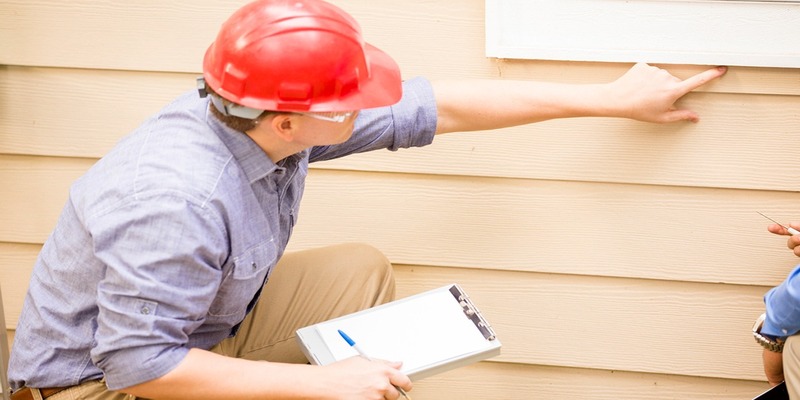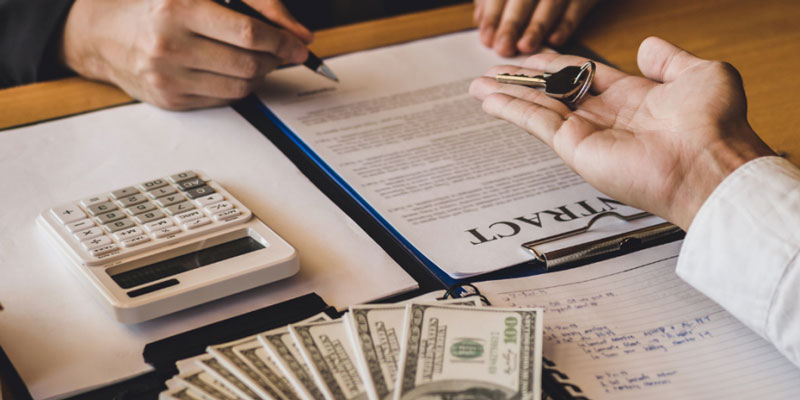Purchasing a home is never an ordinary decision. It is a long-term investment in one's well-being and prosperity. On the other hand, once you are done saving money for a house and purchasing your ideal house, you’ll feel accomplished because you have successfully created a foundation of security, equity, and expertise. Finally, you've found a home where you can make all the changes according to your choice and are independent to design. It's understandable to ask how to get there. And to achieve that goal in your life, you will need to put some money aside.
As soon as you decide that you need to purchase your own home, you must begin putting money aside. Most individuals understand that buying a house will be the most significant purchase of their entire life. However, many first-timers underestimate the funds required to acquire their ideal home.
Why Save Money From a Long-Term to Purchase a House?

Most of the time, a significant chunk of your savings goes to the contracts that need a down payment. But that's not the only reason to put money aside. Several additional expenses include the payout of the security deposit and settlement charges, annual real estate taxes, regular upkeep, and repairs. That's a lot of responsibility, so it's wise to wait a couple of years to accumulate sufficient money for all pre-estimated funds before purchasing a home. It might take a lot of time, but various methods exist to reduce that time.
Estimating the Required Amount to Buy A House

Firstly, you should start by figuring out how much money you'll need to buy a house before getting into depth. To estimate the amount of saving money to buy a house, you should break down your cost by outlining your major expenses.Usually, conventional mortgages demand a down payment somewhere around five and twenty percent of the property's value. It's essential to keep in mind that such FHA mortgages might be challenging for you to qualify for. Then, consider a significant amount as emergency funds (or cash reserves) on hand to provide at least three months' worth of costs. In addition, you can also include the price of furniture or other items you will need while settling into a new place in your budget.
Moving costs for a family might quickly reach four figures. For some, the cost savings from avoiding hiring expert movers is worth the hassle of doing it themselves. Doing it yourself can save you massive amounts, but it's a lot of work and will take time.
Best Ways to Save For The House
Are you wondering how you will conserve money for a down payment and other home-buying expenses if you now don't have the funds to do so? We have outlined some recommendations and the best ways to save for the house you dream of:
Pay Your Own Way
The first step in saving for a house is to organize your finances. This is true for cutting down your costs and saving money for anything. Ideally, you would begin with your salary, but you should do what you can.
Schedule a payment to be sent from your checking account to your investment fund the next day you get paid. This way, you won't feel the pinch of the cash outlay. However, before doing so, it is advisable to clear all your unsecured obligations with high-interest rates, like credit card payments.
Put Your Extra Cash to Work!
Don't blow any unexpected windfalls, such as a work bonus, tax return, or large donation. Make a down payment on a property using the money. Consider opening an interest-bearing savings account so your money can increase over time. In addition, having access to surplus cash might be enticing; thus, limiting your accessibility from your account or depositing in any restricted account is advisable.
Find a Location That Costs Less
Suppose you currently reside in a rental property. In that case, you might want to think about relocating to a more affordable and smaller property or finding a roommate so that you can split the costs of your present rental. If your rent is reduced by $500 monthly, you will have an annual savings of $6000.For Instance: if you don't have a partner, you might choose to spend a year in a shared household.
Conserve Your Retirement Savings
If at all feasible, you should avoid taking money out of a retirement fund and avoid taking out loans against it. That's how you have to pay a lot of money in return for the interest-bearing loan or face taxable income and any associated consequences. Instead, cut back a little on your payments until you're able to buy a house.
Consider reducing your 401(k) contributions so that you may put the additional money toward a down payment or other large purchase, such as a house.
Get Rid of Your Indulgences
If you are saving up for a house, it is normal to be hesitant to make other significant investments in luxurious trips or high-priced clothing. You must stick to a strict budget for your fund and deposit all of your savings into your home account.
Reduce Frequent Expenses
If you sit down and think hard about it, you might be able to cut down on some of your regular monthly expenditures. Because if you are saving up for something that big, you will have to compromise on such small expenses on accumulation that results in a significant amount.
For instance:
- Don't renew your cable subscription.
- Reduce your monthly cell phone bill by switching to a more affordable plan.
- Stop going to the gym.
- Start riding a bike.
By putting the money into a personal account, you could discover that you don't really miss these goods and may make you realize that you are not missing on your lifetime goal.




